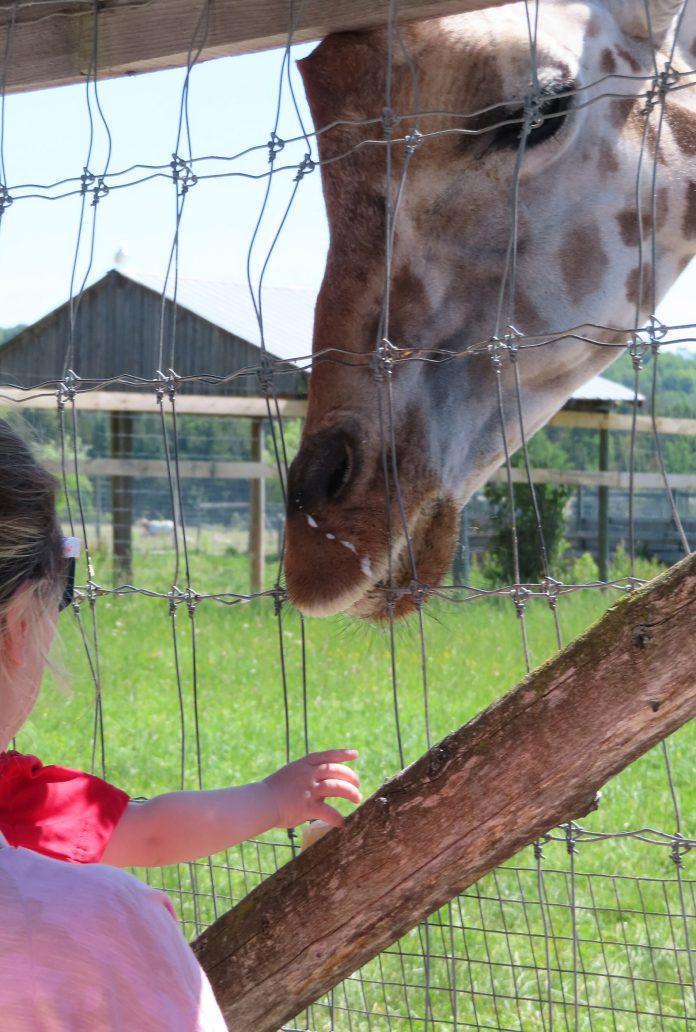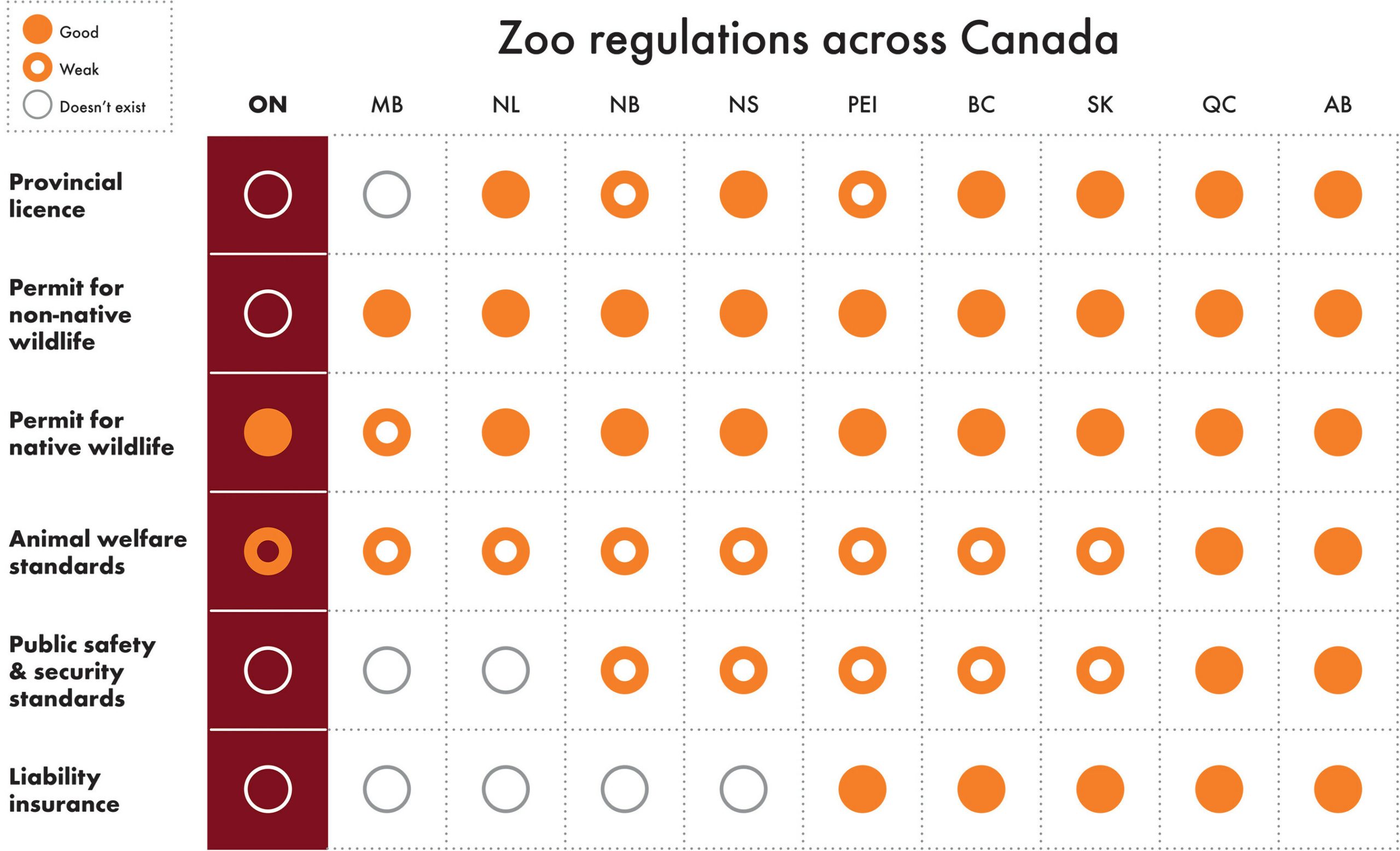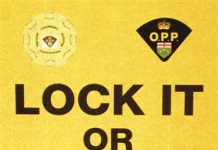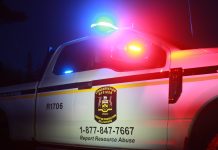
This morning, World Animal Protection Canada, joined by the Toronto Zoo, revealed a report card of Canada’s zoo regulations, highlighting Ontario’s weak and non-existent regulations and enforcement when it comes to the use of wild animals for public display.
The report card looks at the quality of regulations around:
- Provincial licencing of zoo facilities
- Permit system for non-native wildlife
- Permit system for native-wildlife
- Animal welfare
- Public safety and security
- Liability insurance requirements

Ontario ranks dead last for not having any provincial zoo licencing system, permit system for non-native species, public safety and security standards nor a requirement for liability insurance for zoo operators.
“In Ontario, you don’t need expertise, a reason or a licence to operate a zoo or buy dangerous animals like a tiger or lion,” said Michèle Hamers, World Animal Protection’s Wildlife Campaign Manager. “This is why Ontario ranks dead last and why we are working with the government to get this done for once and for all. We are pushing the province to implement what other provinces like Alberta and Quebec have done already. We want to see a mandatory province-wide zoo licensing system and meaningful and enforceable standards to safeguard animal welfare and public health and safety.”
Our latest estimates suggest there are around 30 roadside zoos in Ontario covering well-known locations to small backyard operations but excluding known private collections of wild animals. Ontario has the largest number of roadside zoos in Canada, and yet, no tracking of how many of these facilities exist or the types of animals they house. This is despite thousands of wild, and often extremely dangerous animals, being kept in these facilities for entertainment purposes in conditions that often put the animals and the public at risk.
“At your Toronto Zoo, our commitment to wildlife care extends beyond the Zoo site” says Dolf DeJong, CEO, Toronto Zoo. “There are far too many individuals and organizations operating without any regulation on how they care for animals. As an AZA accredited Zoo, your Toronto Zoo believes in our responsibility to meet animal wellbeing standards AND to push for the standards to continue to evolve. These animals deserve better, and we support the calls for stronger regulations in Ontario to protect exotic animals in unaccredited roadside zoos and in private ownership. We know better, so let’s do better, together.”
From Nothing New at the Zoo, where World Animal Protection chronicled hundreds of concerns at 11 roadside zoos, recent deaths, including of Kiska the orca, to charges at Marineland and other facilities, it all highlights how broken the system is in Ontario.
“Our ongoing work has been driving the province to launch investigations at these facilities,” added Hamers. “But the patchwork system, where non-compliance is the norm, needs to stop, once and for all.”
World Animal Protection has been campaigning for over 50 years to push all levels of government to create tighter regulations as it relates to animal welfare. This includes banning the private ownership of wild animals and tightening regulations that would result in the phase out of roadside zoos, keeping only those facilities that can meet the highest animal welfare and public safety standards.
SOURCE World Animal Protection







